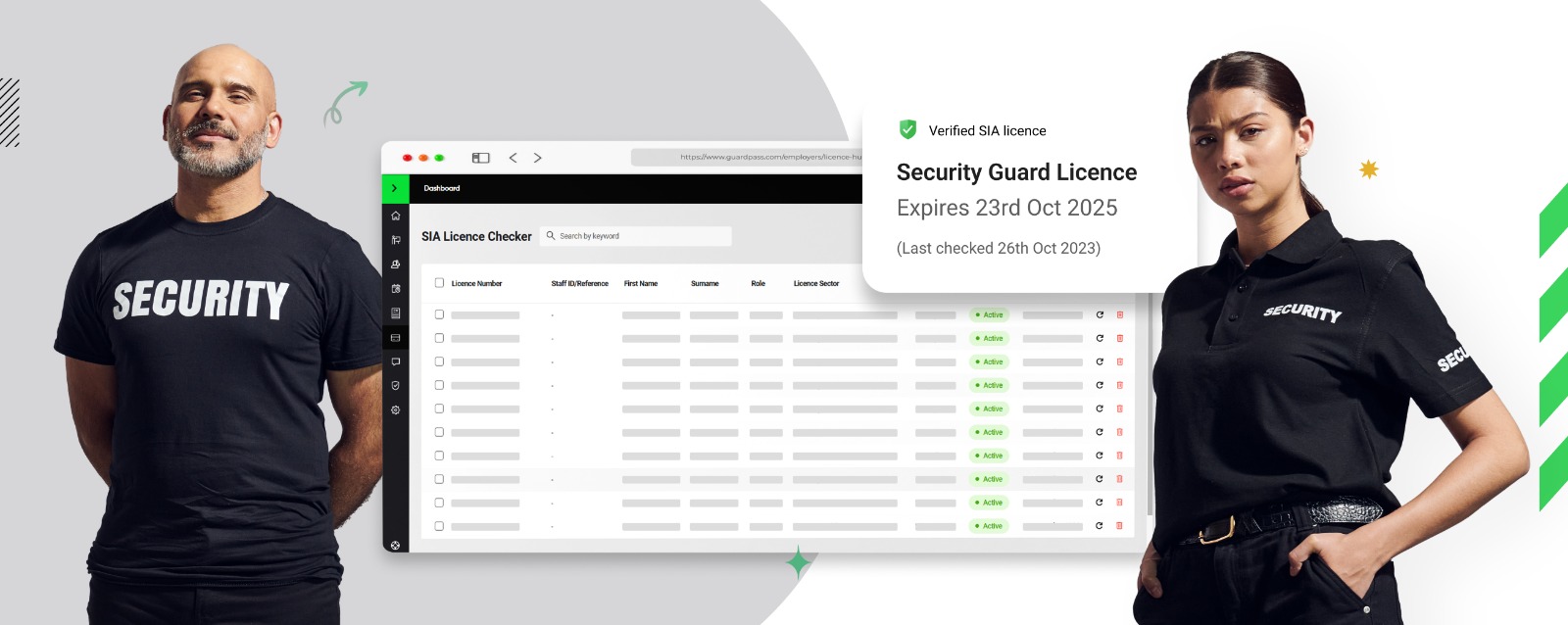Security is essential for any business, and hiring the right security candidates is critical to ensuring the safety of your employees and property. An effective security interview can help you assess a candidate’s qualifications, experience, and suitability for the job.
Here are the key steps involved in conducting an effective security interview:
Preparation
Do your research
Before you interview a security candidate, it is important to do your research. Learn about the specific security position that you are hiring for. This includes understanding the job duties, the required qualifications, and the company’s security policies and procedures.
Having a list of questions prepared will help you assess the candidate’s qualifications and suitability for the job. Your questions should be specific to the security position and should be specifically designed to elicit detailed answers from the candidate.
Set up a comfortable and professional setting
The interview setting can have a significant impact on the candidate’s comfort level and ability to focus on the interview. It is important to set up a comfortable and professional setting where the candidate can feel at ease.
This means choosing a quiet location where the candidate will not be interrupted. It also means dressing professionally and being respectful of the candidate’s time.
Questioning
Tailor your questions to the specific position
When interviewing a security candidate, it is important to tailor your questions to the specific security position that you are hiring for. This means asking questions that are relevant to the job duties and the required qualifications.
If you are hiring a security guard, you might ask questions about the candidate’s experience with patrolling, customer service, and handling emergencies. You might also ask questions about the candidate’s knowledge of security procedures and their ability to think critically and solve problems.
Ask open-ended questions
In addition to asking questions that are relevant to the specific security position, it is also important to ask open-ended questions. Open-ended questions allow the candidate to demonstrate their critical thinking skills and problem-solving abilities.
Closed-ended questions, on the other hand, can be answered with a simple yes or no. These types of questions do not provide much information about the candidate’s qualifications or suitability for the job.
Ask questions about values and ethics
Besides asking questions about the candidate’s qualifications and experience, it is also important to ask questions about their values and ethics. This will help you assess whether the candidate is a good fit for your company culture and security policies.
Here are some examples of questions that you could ask a security guard candidate about their values and ethics:
- What are your core values?
- What is your definition of integrity?
- How would you handle a situation where you see a coworker doing something wrong?
- What is your approach to conflict resolution?
- What are your thoughts on the importance of diversity and inclusion in the workplace?
By asking questions about the candidate’s values and ethics, you can get a better sense of their character and their commitment to doing the right thing.
Body language
Pay attention to the candidate’s body language
Body language can be a powerful tool for communication, and it can also be helpful in assessing a candidate’s suitability for a job. When interviewing a security candidate, it is important to pay attention to their body language for clues about their interest in the job, confidence level, and honesty.
Here are some examples of body language cues that could indicate that the candidate is interested in the job:
- They make eye contact and smile.
- They lean forward in their seats.
- They nod their head in agreement.
- They ask questions about the job and the company.
Here are some examples of body language cues that could indicate that the candidate is confident in their abilities:
- They speak confidently and clearly.
- They make eye contact and maintain eye contact.
- They use gestures to emphasise their points.
- They are relaxed and comfortable in their surroundings.
Here are some examples of body language cues that could indicate that the candidate is not being truthful:
- They avoid eye contact.
- They fidget or squirm in their seats.
- They have a nervous laugh.
- They give inconsistent answers to questions.
By paying attention to the candidate’s body language, you can get a better sense of their interest in the job, confidence level, and honesty. This information can be helpful in making a hiring decision.
Be aware of your own body language
In addition to paying attention to the candidate’s body language, it is also important to be aware of your own body language during the interview. Your body language can send signals to the candidate about your interest in them, your confidence in your ability to make a hiring decision, and your trustworthiness.
Here are some examples of body language cues that could make the candidate feel uncomfortable or less likely to be honest with you:
- Avoiding eye contact.
- Fidgeting or squirming in your seat.
- Having a closed-off posture, such as crossing your arms or legs.
- Making negative facial expressions, such as frowning or scowling.
- Talking over the candidate.
By being aware of your own body language, you can create a more positive and comfortable interview environment for the candidate. This will make them more likely to be open and honest with you, which will help you to make a better hiring decision.
Follow-up
Send a thank-you note
A thank-you note is a simple way to show the candidate that you appreciated their time and consideration. It also gives you an opportunity to reiterate your interest in the candidate and the position.
Your thank-you note should be brief and to the point. It should thank the candidate for their time and consideration, and it should reiterate your interest in the position. You can also use the thank-you note to address any questions that the candidate may have had during the interview.
Let the candidate know the status of their application
It is important to let the candidate know the status of their application, even if you are not hiring them. This shows the candidate that you are professional and courteous, and it also gives them closure.
If you are not hiring the candidate, you should send them a brief email or letter letting them know that you have made another decision. You should also thank them for their time and consideration.
Conclusion
Here is the summary of the key steps involved in conducting an effective security interview, with additional tips and a call to action:
- Do your research.
- Set up a comfortable and professional setting
- Tailor your questions to the specific position.
- Ask open-ended questions
- Ask questions about values and ethics.
- Pay attention to the candidate’s body language
- Send a thank-you note.
- Let the candidate know the status of their application.
Here are some additional tips for conducting an effective security interview:
- Be prepared.
- Be professional.
- Be engaged.
- Be fair.
- Be honest.
Are you struggling to find the right security candidates?
Let us help! Contact our experts today.



